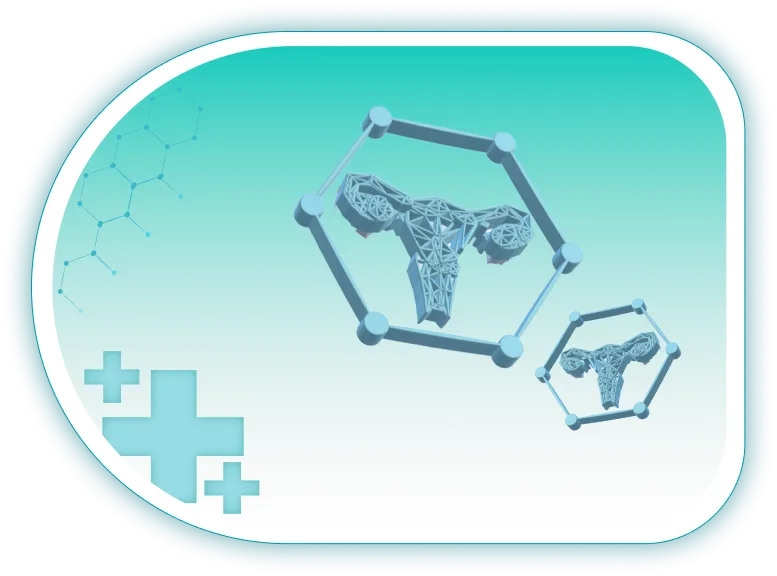Menstruation is a periodic process where the body removes impurities from its system.

Are you experiencing symptoms of pre-menopause or post-menopause and looking for effective treatment options? You’re not alone. Many women go through menopause and may experience a range of symptoms such as hot flashes, mood swings, vaginal dryness, and more.
At German Medical Center, we offer a range of menopause treatment and post menopause treatment options to help you manage your symptoms and improve your quality of life. Our experienced medical team provides personalized treatment plans that may include hormone replacement therapy, lifestyle changes, and more. Don’t let menopause symptoms control your life – contact German Medical Center today to schedule a consultation to receive best treatment for menopause and take the first step towards feeling like yourself again.
Our team of experts are passionate about providing only the best quality care and treatment to their patients.

Obstetrics & Gynecologist

Obstetrics & Gynecologist

Obstetrics & Gynecologist

Obstetrics & Gynecologist
Aesthetic gynecology, also sometimes called cosmetic gynecology, is a subspecialty of gynecology that focuses on enhancing the appearance and function of the female reproductive system....
A well woman exam is a comprehensive healthcare visit designed to promote and maintain a woman's reproductive and gynecological...
Uterine fibroids, also known as leiomyomas or myomas, are non-cancerous growths that develop in or on the uterus....
Polycystic Ovarian Syndrome (PCOS) is a hormonal disorder that affects women of reproductive age....
Obstetrics is a medical specialty that focuses on the care of pregnant women, childbirth, and the postpartum period....
Ovarian cyst swelling is a common medical condition that affects the female reproductive system...
A laparoscopic hysterectomy and ovary removal is a type of surgical procedure that is used to remove the uterus or ovaries using...






Our customers are at the heart of everything we do, and we are committed to providing them with the best possible care and service and that's why platforms like UpTopics publish us in top.


(4.5)
Based on 174 Google Reviews

Partner with:
Partner with:


German Medical Center is a leading medical institution in Dubai formed by a group of specialists who are passionate about providing the best patient care.
Fill out our easy online form to book an appointment with German Medical Center. Our team of experts is dedicated to providing you with personalized care and guidance every step of the way. Don't wait, take charge of your well-being and schedule your appointment now!